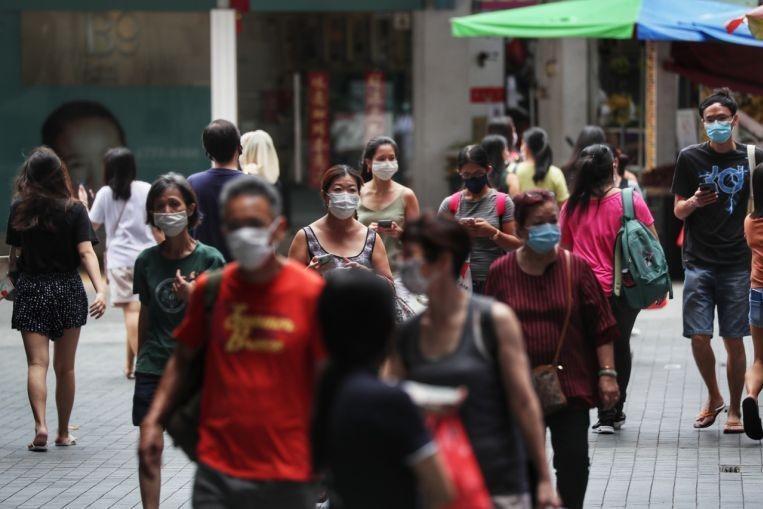
No sign of COVID-19 cases falling in Singapore: Health Minister

Singapore’s Health Minister Ong Ye Kung has said that there is no sign of COVID-19 cases falling in the country as authorities reported the highest number of fatalities from the contagion.
Singapore on Wednesday (October 20) reported 3,862 coronavirus cases, including 630 residents from dormitories from migrant workers and 11 cases who arrived from abroad.
Health Minister Ong said that there is no sign of COVID-19 cases falling in Singapore, and it will take time for this to happen.
“As more people get boosted, as individuals who are vaccinated catch the virus and experience only mild flu-like symptoms, the antibodies and the immunity in our society will build up over time. When that happens, you will see cases falling, and then we can open up social and economic activities without cases rising very rapidly,” he said.
Also read: With rising infections, Singapore sounds out a COVID spike warning
Of the 18 Singaporeans who died due to COVID-19 related complications, 16 were men and two women, the Ministry of Health (MOH) said on Wednesday. Nine of them were vaccinated, one partially vaccinated (one dose), and eight were unvaccinated, The Straits Times reported citing the MOH data. They were between the age of 55 and 96 years.
Singapore’s death toll due to COVID-19 rose to 264 on Wednesday. The previous daily highest number was 15 deaths recorded on October 14. The total number of cases in Singapore now stands at 158,587.
The surge in COVID-19 cases has placed significant pressure and strain on public hospitals. “There are currently about 200 ICU beds for COVID-19 patients,” said Ong.
“The hospitals are bracing themselves for sustained heavy patient load, and MOH is doing whatever we can to support and bolster the hospitals,” the report quoted Ong as saying. “If need be, we will open up more ICU beds, and the next leap will be to 300 beds, but that will be at the expense of further degradation of normal service, and normal medical care,” the minister said, adding that at certain hospitals, both COVID-19 and non-COVID-19 patients are queueing for hospital beds.
“Right now, on a daily basis, MOH is channelling almost three-quarters of the people infected with COVID-19 to the home recovery programme,” said Ong.
Also read: Merck’s ‘game-changing’ COVID pill could cut deaths, hospitalisations by half
“As for those who need hospitals, you need further triage to see who needs to stay in the hospital, who can actually decant to what we call the COVID-19 treatment facilities (CTFs), where there are medical personnel,” he said.
Meanwhile, the admission waiting time at hospitals has grown longer, and hospitals have reduced non-urgent and non-life-threatening care treatments to alleviate the pressure on public hospital capacity and manpower, according to media reports here.
On Monday (October 18), the US Centers for Disease Control and Prevention (CDC) adjusted its advisory for Singapore by one rung to Level 4, which indicates a very high level of COVID-19. “Because of the current situation in Singapore, even fully vaccinated travellers may be at risk for getting and spreading COVID-19 variants,” the Channel News Asia quoted the CDC as saying.
The US health protection agency said those who must travel to Singapore should be fully vaccinated and that they should follow the country’s recommendations or requirements, including wearing a mask and observing safe distancing measures.
The US Department of State issued a similar notice on Monday, urging people not to travel to Singapore due to COVID-19. The CDC uses travel health notices to alert travellers to health threats via a four-level advisory system that categorises destinations by taking into account factors such as the number of recent COVID-19 cases and the trajectory of new cases.
(With inputs from Agencies)

